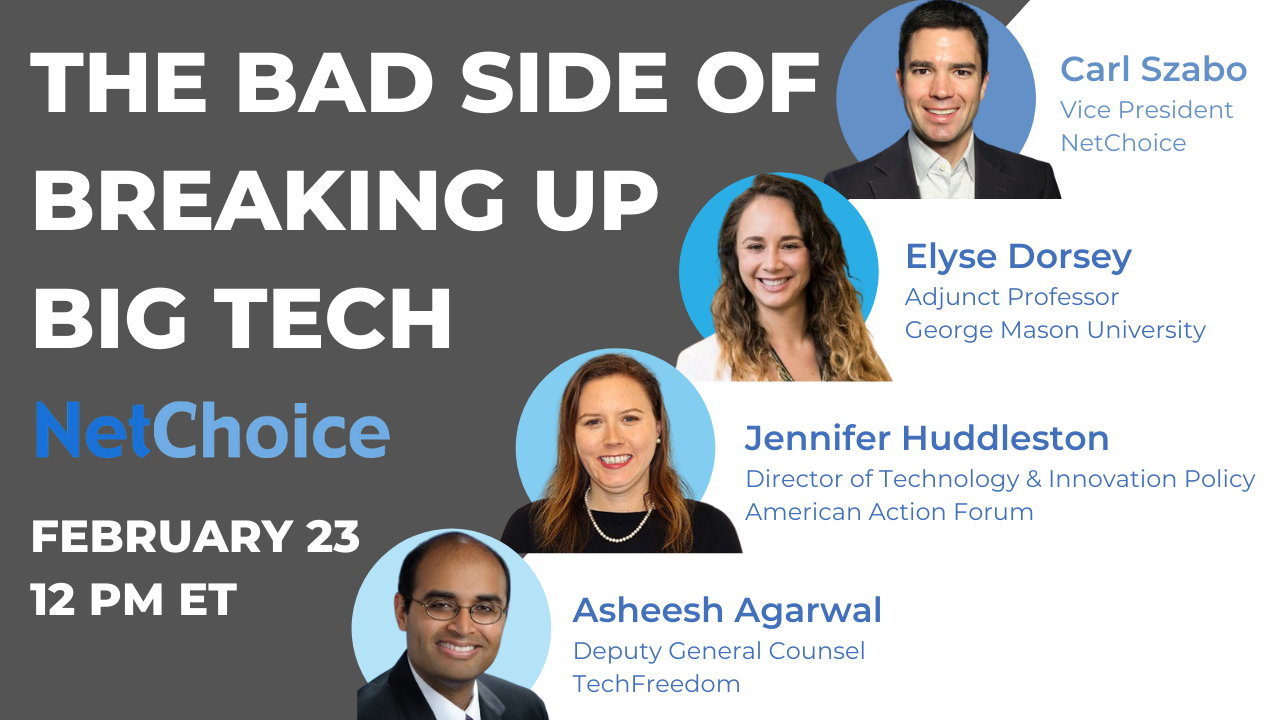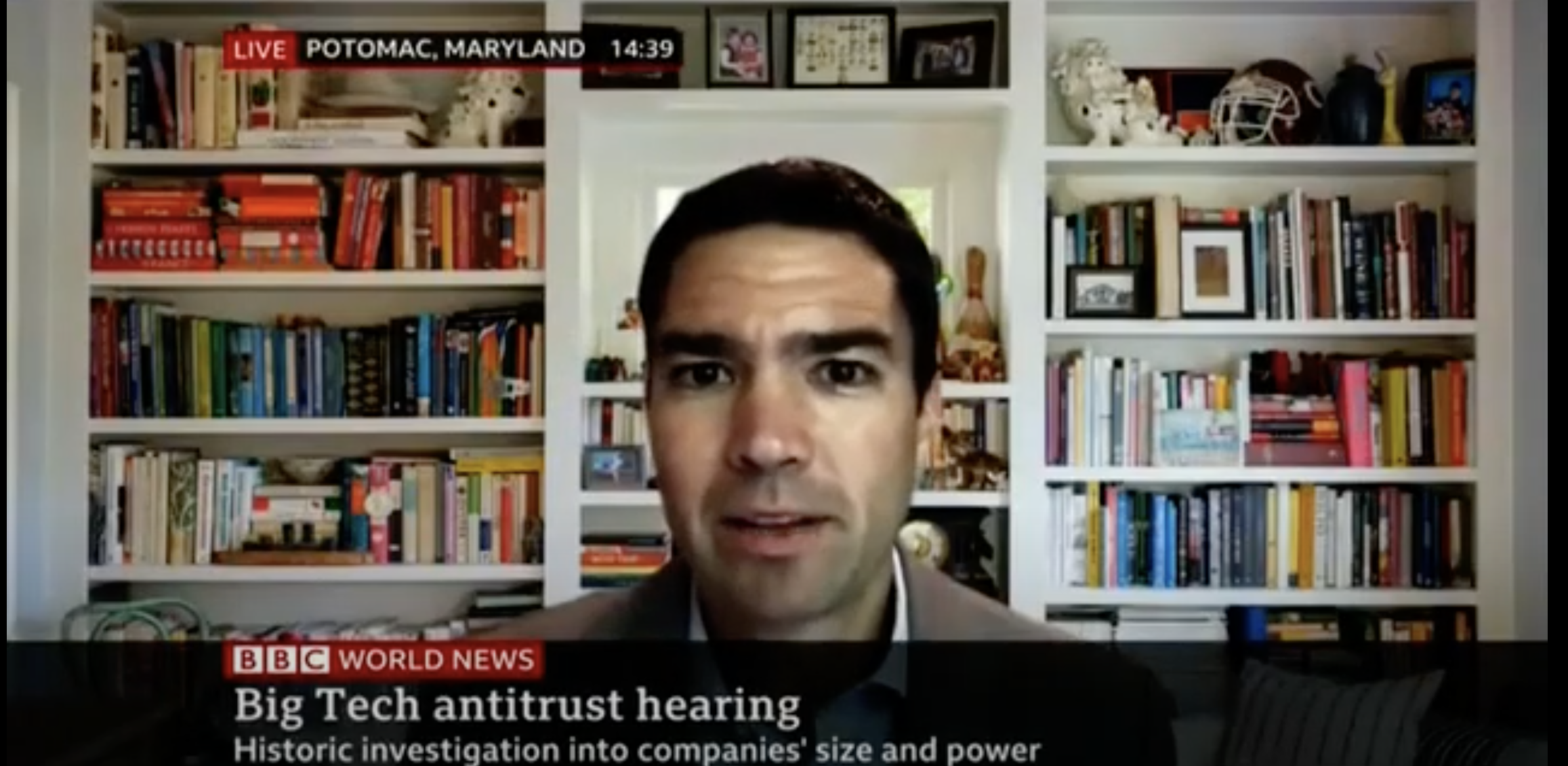Monopoly describes when an entire industry or market is controlled by a single firm.
Monopoly power is an antitrust term to describe businesses that have “significant and durable market power” or the “long term ability to raise prices or exclude competitors.” It focuses on how much competition a business faces. The more competition, the less likely a business has monopoly power.
Monopoly power is about more than just a business’s size and market control— it’s about what you do with that size and control.
There’s no magic number for “monopoly power.” In economics, a business can be a monopoly only if it’s the sole business operating within a market. But in law, a business can be a monopoly even if it has a few competitors operating within the same market. What matters is the business’s share of the market (how much does it control?), what the business did to gain that control, and what the business is doing with that control.
That’s where things get complicated. To determine how much market control a business has, one must first define the market. In general, the government tries to define the market as narrowly as possible to inflate the business’s control (the smaller the market, the fewer competitors); businesses try to do the opposite.
Courts generally define the market by looking at substitutes: If Ford raises its prices by 5% or so, will consumers switch to other car manufacturers? If yes, those manufacturers are Ford’s competitors and the market includes them and Ford. Ford’s market share is thus relative to theirs: How many total sales in the market belong to Ford?




